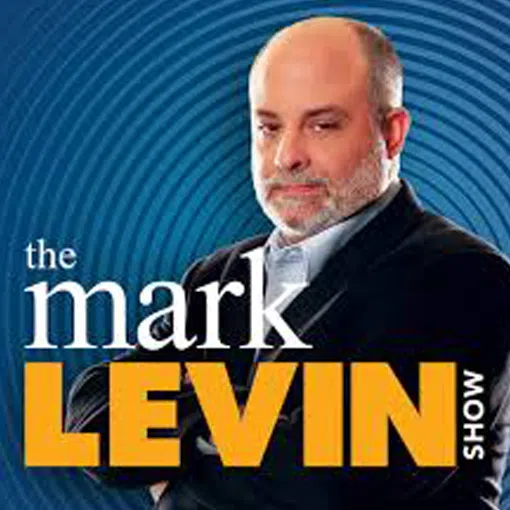(NEXSTAR) — For some, earning enough to “live comfortably” may be a challenge. But for others, their income may push them into the top 1% of earners.
That may leave you wondering — how close are you to the top?
Nationally, there are nearly 1.5 million households that bring in enough money annually to be among the top 1%, a new study by personal finance site SmartAsset found. That’s more than the population of Dallas or San Diego, but only about half of the population of Chicago, for context.
Is $15 an hour enough? Only for DINKs in these states, data shows
Overall, SmartAsset determined the average threshold to rank among the nation’s top earners is an annual household income of $731,000. In 11 states and the District of Columbia, you’ll need more than that.
The District of Columbia has the highest necessary threshold to rank as a top earner. There, you’ll need a household income of roughly $1.07 million — only about 3,300 households in the nation’s capital qualify, according to SmartAsset. In Connecticut, the income floor is slightly lower at about $1.06 million.
Not far away from DC, in West Virginia, a household earning well under half of that — specifically, about $416,300 — would be considered among the top 1%. About 7,300 households fall into that category.
In only three other states would a household income under half a million dollars push you into the top group of earners: Mississippi, New Mexico, and Kentucky.
Eagle plaques on houses have a meaning: Do you qualify for one?
The interactive map below, which includes data from SmartAsset, shows how much it takes to rank among the top 1% of earners in each state.
On mobile, you can use two fingers to zoom in or out, and to move the map around.
Does the top 1% feel out of reach for you? In most cases, getting into the top 5% may seem much more manageable. Nationally, the average threshold for these earners is just over $287,100. Nearly 7.5 million households qualify — that’s more than the combined populations of Dallas, San Diego, and Chicago.
The District of Columbia again has the highest bottom threshold to qualify as a top 5% of earners at about $412,000. Nowhere else is a household income of more than $400,000 required.
On the opposite end of the range, Mississippi narrowly edged out West Virginia for having the lowest household income threshold to rank above 95% of the state’s earners. There, you need only about $195,100, just lower than West Virginia’s threshold of about $196,300.
The interactive map below shows how much it takes to rank among the top 5% of earners in each state.
On mobile, you can use two fingers to zoom in or out, and to move the map around.
SmartAsset used 2022 IRS tax return data, the most recent available, for its analysis and adjusted it to 2025 dollars. You can view the full study here.
Earlier this year, the site found that a single person living in the nation’s largest cities would need an income of at least $85,000 to live comfortably. A family of four would need about $200,000. In some cities, however, those benchmarks may be much higher.
Meanwhile, new research shows that more Americans are shifting their money from checking and savings accounts into financial vehicles that pay an investment income — a trend that helps to explain the resilience of the U.S. economy after a bout of high inflation and recent uncertainty due to tariffs.
How you receive your Social Security, VA benefits may change in fall: What to know
The analysis by JPMorganChase Institute examined the accounts of 4.7 million households and found that people’s total cash reserves are increasing when including new amounts going into brokerage accounts, money market funds and certificates of deposit to assess people’s well-being.
Inflation-adjusted cash balances in checking and savings accounts “remain low with a flat-growth trajectory,” but since the middle of 2024 total cash reserves have been increasing and approaching historical growth trends once the additional accounts are included, the analysis said.
“Families across many income bands are now seeing a turnaround in their total cash,” said Chris Wheat, president of the institute.
The Associated Press contributed to this report.












